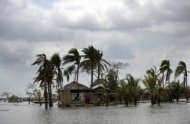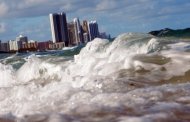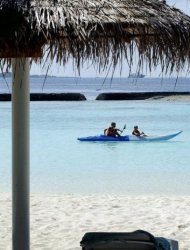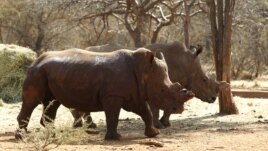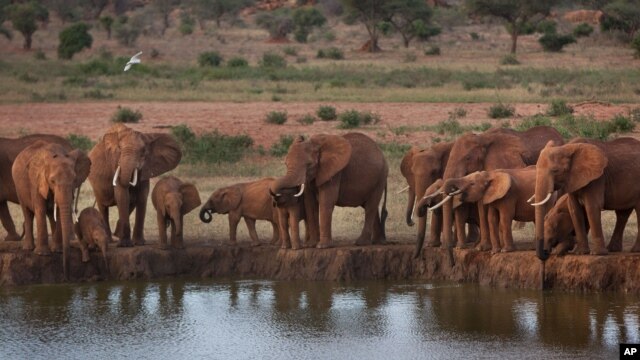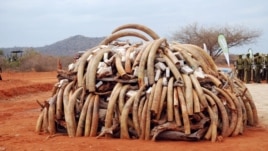Why the Middle East is a mess
November 30, 2012 -- Updated 1323 GMT (2123 HKT)
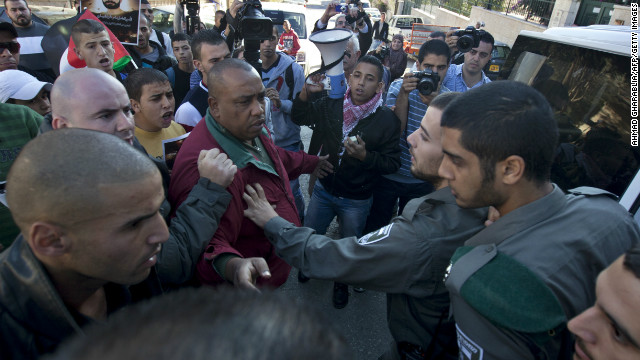
The tension between Israelis and Palestinians is just one of many troubling situations in the Middle East.
STORY HIGHLIGHTS
- Frida Ghitis: Obama trying to pivot to Asia, but Middle East chaos stays center stage
- Why? She says region long at the center of historical currents and conflicting ideologies
- There's a battle for the future in Egypt, Iran, Syria, Israel and with the Palestinians, she says
- Ghitis: Fight is dictators vs. democracy; pluralists vs. Islamists; women don't fare well
Editor's note: Frida
Ghitis is a world affairs columnist for The Miami Herald and World
Politics Review. A former CNN producer and correspondent, she is the
author of "The End of Revolution: A Changing World in the Age of Live
Television." Follow her on Twitter: @FridaGColumns.
(CNN) -- Have you looked at the Middle East lately? It's a giant mess, with civil wars, massive popular protests, cross-border fighting, armed insurgencies, exploding car bombs and on and on. And that's just in the past few days.
The Middle East refuses
to acknowledge that the United States has decided to pivot toward Asia.
It refuses to step out of the spotlight.
What we see today is
proof that long-standing notions about the region -- the old conspiracy
theories, the oversimplifications -- were just not true. Claims that the
world paid attention to the area only because it had oil or that the key to every single problem in the Middle East involved Israel have been proved wrong.
The Middle East still
monopolizes the attention of diplomats, forces military experts urgently
back to their drawing boards, keeps world leaders awake at night and
would do so even if it did not hold a drop of oil or if the Arab-Israeli
conflict did not exist.
Why?
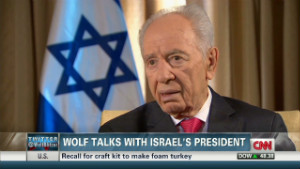 Peres: Iran is competing with Egypt
Peres: Iran is competing with Egypt
 Egyptian government drafting constitution
Egyptian government drafting constitution
 Syrian rebels say they shot down plane
Syrian rebels say they shot down plane
 Peace holds in Gaza conflict
Peace holds in Gaza conflict
The Middle East stands, as it has for centuries, at the center of historical currents and conflicting ideologies.
What goes on there
reverberates across national borders and leaps over oceans. When (most
of) you attend religious services on the weekend or when you take off
your shoes before boarding an airplane, you do it because of an idea
that was born in the Middle East.
The region is in crisis because it suffers from endemic corruption, poor governance, discrimination against women and serious economic problems.
Rival philosophies are battling for the future -- Shiites competing with Sunnis, advocates of democracy challenging dictators, Islamists trying to overpower pluralists and Christians concerned over their future. Those are just a few of the ingredients fueling the conflicts.
Democracy supporters may
have become more muscular, but other determined fighters aspire to
create profoundly anti-woman, anti-liberal and anti-American states. The
implications of those beliefs will become evident as history unfolds.
For America, the full pivot will have to wait.
Consider the recent
fighting in Gaza, dramatic developments in Egypt, slaughter in Syria,
multiple bombings in Iraq, or the Palestinian bid at the United Nations.
On the front burner:
Egypt
The streets of Cairo are boiling with rage against President Mohamed Morsy, who stunned the country -- and the White House -- when he announced he was taking powers in what many view
as a return to dictatorship. Protesters worry about a creeping power
grab by the Muslim Brotherhood. One respected Arab observer compared Morsy to Iran's Ayatollah Khomeini. Morsy insists his move is necessary and only temporary. Eventually we will find out who is right.
The answer will help set
the future of democracy in the Arab world, where Egypt leads in
ideological, political and cultural trends. That's why when Egyptians
picked up the flame from a popular uprising in Tunisia two years ago,
every dictator in the region trembled. Every Western capital had to
review its strategic alliances.
Iran
The United States might
want to focus on Asia, but it cannot stop worrying about Iran. Some will
insist the concern is about oil, but the U.S. could still buy oil from a
nuclear-armed Iran. Obama, and the world, fears Iran's nuclear program
will trigger a nuclear arms race in the most politically unstable part
of the planet.
On Wednesday, the head of Iran's Atomic Energy Organization vowed that Iran
will accelerate enriching uranium, despite harsh international
sanctions. Separately, U.S. officials told CNN that Tehran is already finding ways to ship weapons to the Palestinian Islamist group Hamas in Gaza, just days after the U.S. helped broker a cease-fire between Hamas and Israel.
Israelis and Palestinians
This conflict remains a
neuralgic point in the region and a challenge to American influence.
Hamas vows to destroy Israel, while the Palestinian Authority refuses to
sit down for talks, laying the blame at Israel's feet. Defying
Washington's wishes, the authority took its case to the U.N. General
Assembly on Thursday, where an automatic majority of Arab, Muslim and
Non-Aligned Movement countries guaranteed a positive response to its upgraded status request.
The move unhelpfully delinks the process of gaining statehood from the need to reach a negotiated peace.
Syria
In Syria, some 40,000
men women and children have died in the country's civil war. The rebels
are making gains in their very worthy cause of overthrowing the
repressive regime of Bashar al-Assad. But the West, including the United
States, worries about what might come after al-Assad's fall.
The opposition includes progressive advocates
of democracy, but it also counts all manner of other ideologies, from
mild Islamists to extremists who would like to see Syria as part of a
supranational Islamic caliphate. Washington looks confused about what to
do, but it cannot afford to ignore what is happening.
It would be nice if the American president could decide which regions will command his attention.
But this is the Middle East, and like it or not, it promises to remain at or near the top of the agenda.


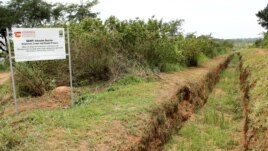
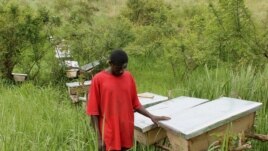
 Gen Tamla Baw, the 93-year-old Chairman of the Karen National Union (KNU), has announced his resignation and retirement.
Gen Tamla Baw, the 93-year-old Chairman of the Karen National Union (KNU), has announced his resignation and retirement.















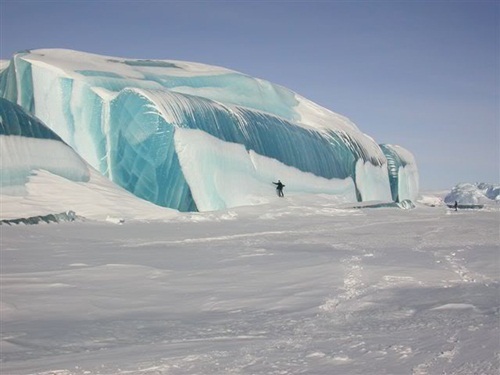
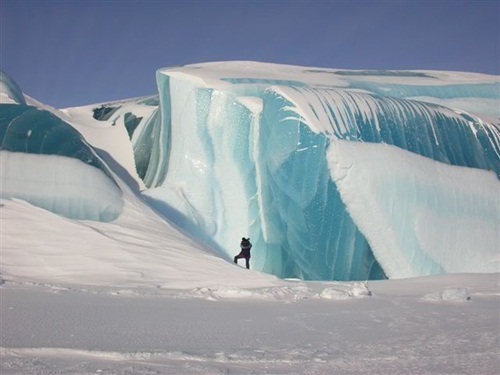

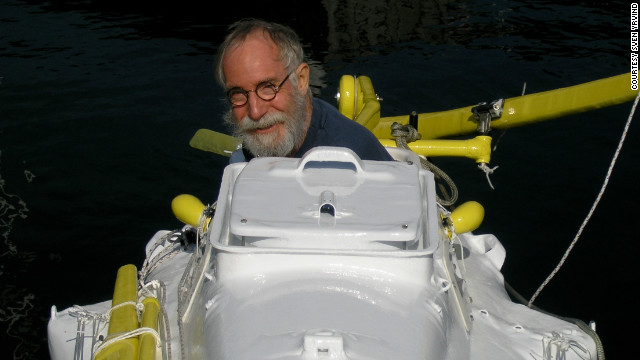 The swedish boat
builder says bigger vessels are more dangerous than smaller ones,
adding: "My boat is like a little capsule --it will capsize, it will
pitchpole, but it will always come back up."
The swedish boat
builder says bigger vessels are more dangerous than smaller ones,
adding: "My boat is like a little capsule --it will capsize, it will
pitchpole, but it will always come back up."
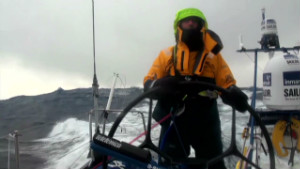
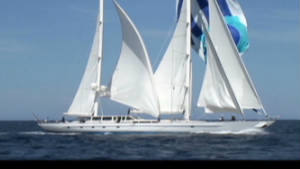
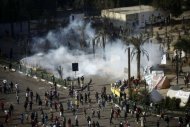


 JCB
is to become the third of the major global credit card companies to
launch operations in Burma after its international subsidiary, JCB
International (JCBI), signed an agreement with Myanmar Payment Union
(MPU) to issue JCB cards in the country.
JCB
is to become the third of the major global credit card companies to
launch operations in Burma after its international subsidiary, JCB
International (JCBI), signed an agreement with Myanmar Payment Union
(MPU) to issue JCB cards in the country.